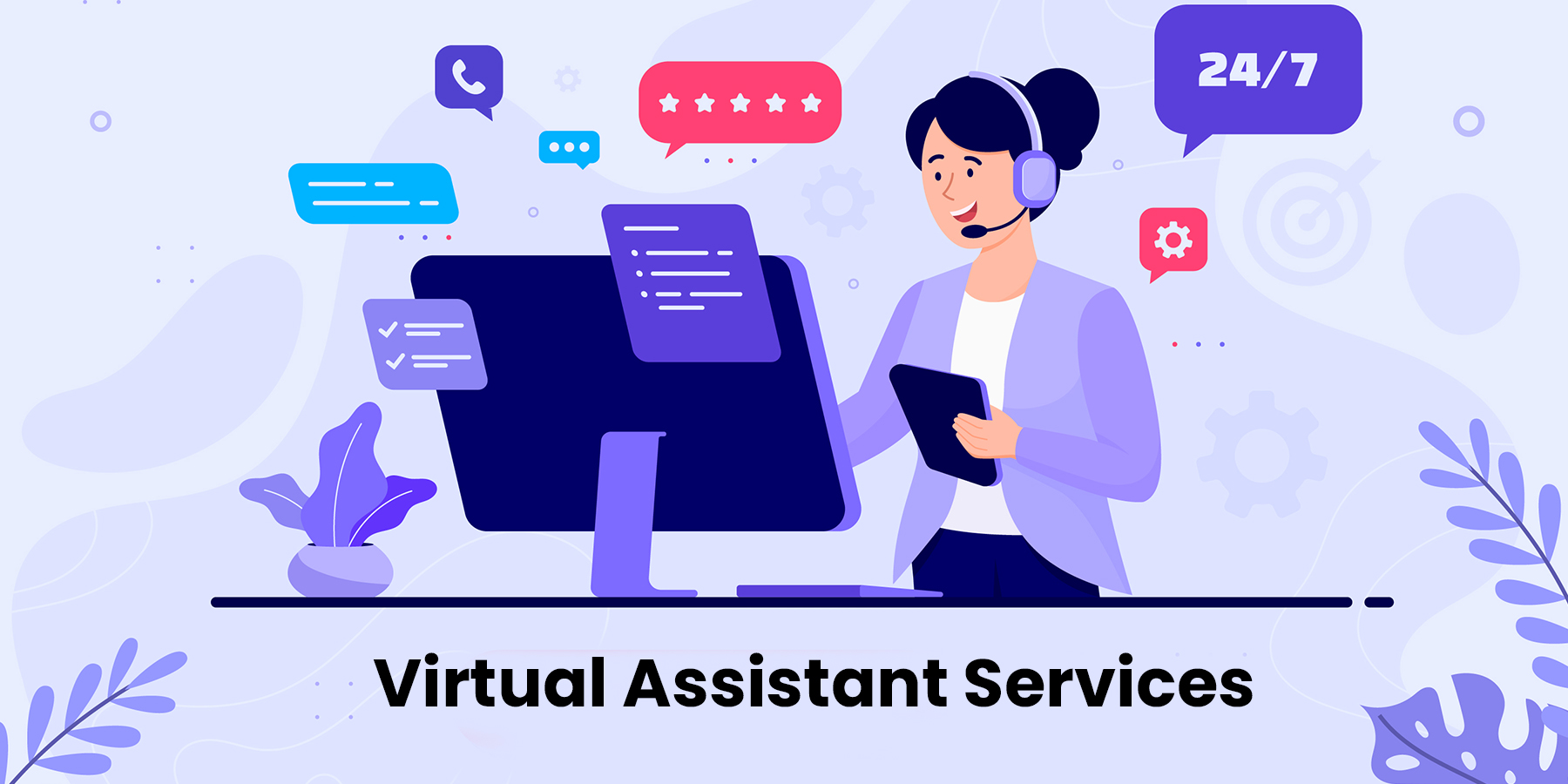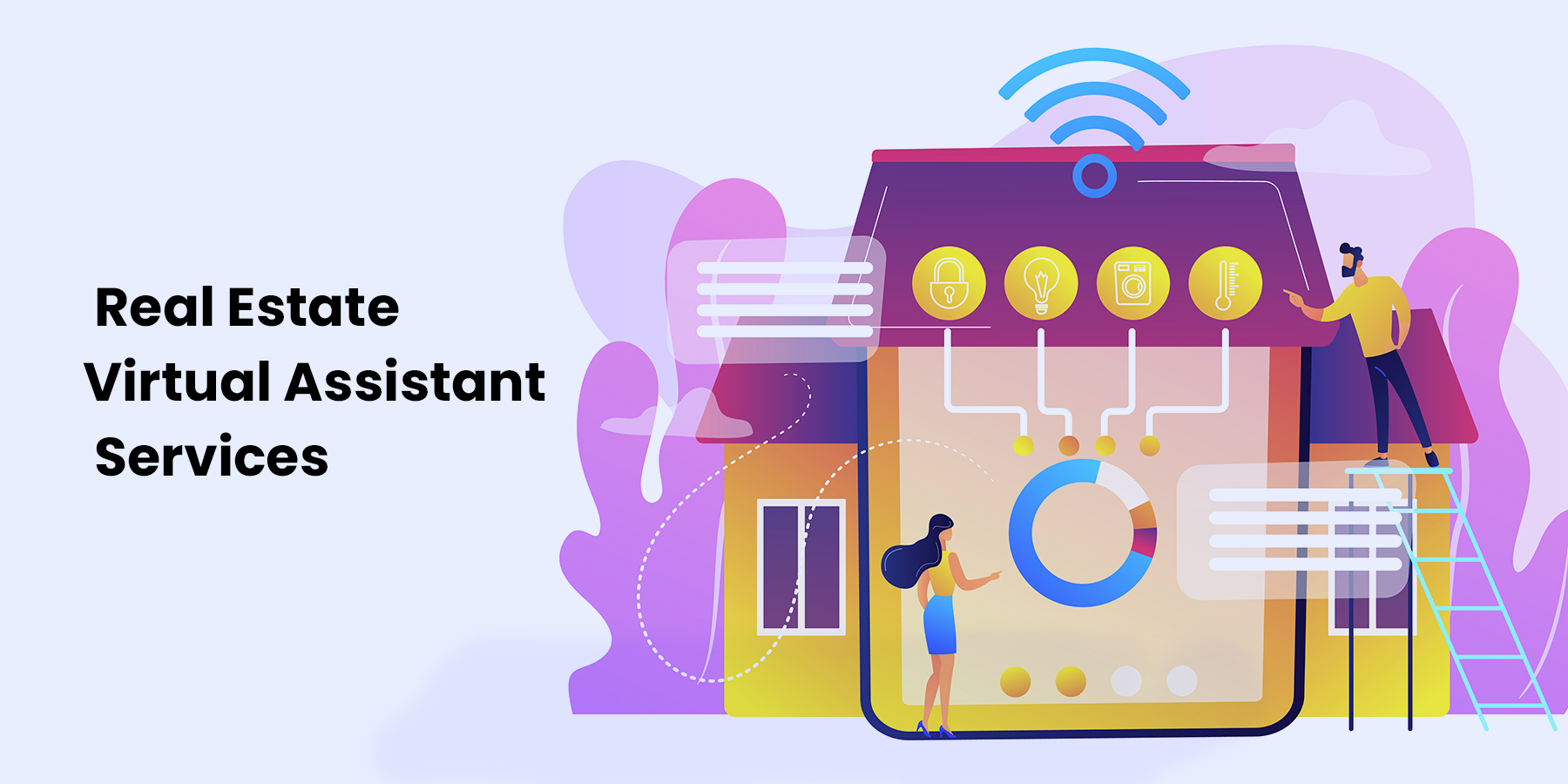The Next Generation of Virtual Assistant Services: AI and Machine Learning
Virtual assistant services are computer programs or applications that can perform tasks and assist users through voice or text-based interactions. They are designed to understand natural language and respond accordingly, offering various functionalities such as information retrieval, task automation, and personalized recommendations. Virtual assistants have become an integral to our daily lives, from smartphones and smart speakers to cars and even household appliances.
Evolution of Virtual Assistant Services
The journey to professional virtual assistant services started with basic text-based chatbots and command-driven interfaces. These early technologies had limited capabilities and relied on predefined commands or scripts. However, with AI and machine learning advancements, virtual assistants have become more intelligent and conversational.
AI-Powered Virtual Assistant Services
AI-powered professional virtual assistants leverage cutting-edge technologies to provide more intuitive and human-like interactions. They incorporate natural language processing (NLP) and understanding to comprehend user queries and generate appropriate responses. These assistants can engage in seamless spoken conversations through voice recognition and synthesis, mimicking human speech patterns and intonations.
Personalization and contextual understanding are critical features of AI-powered professional virtual assistants. They can learn from user behavior and preferences to tailor their responses and recommendations accordingly. These assistants can anticipate user needs and offer proactive suggestions by analyzing data from multiple sources, including social media, emails, and search history.
Benefits of AI and Machine Learning in Virtual Assistant Services
Integrating AI and machine learning algorithms into virtual assistant services benefits users and businesses. The accuracy and efficiency of virtual assistants have improved. They can handle complex queries and retrieve relevant information from vast data repositories in seconds. This saves users valuable time and effort.
Furthermore, AI-powered professional virtual assistants enhance the user experience by offering personalized interactions. They can remember user preferences, adapt to their speech patterns, and even recognize individual voices. This level of personalization fosters a stronger bond between users and their virtual assistants, making the experience more engaging and enjoyable.
Automation is another advantage of AI-powered virtual assistants. They can automate repetitive tasks such as setting reminders, scheduling appointments, or making online purchases. This increases productivity and frees up time for users to focus on more meaningful activities.
Applications of AI-Powered 24/7 Virtual Assistants
AI-powered virtual assistants find applications in various domains, enriching our lives in multiple ways. Virtual assistants act as central control hubs in smart homes, allowing users to manage connected devices, control lighting, and temperature, and even order groceries through voice commands.
In customer support and service: AI-powered chatbots are increasingly used to provide instant assistance and resolve common queries. These chatbots can handle customer interactions simultaneously, improving response times and customer satisfaction.
On a personal level: 24/7 virtual assistants assist in scheduling, organizing, and managing daily activities. They can send reminders, set alarms, and provide personalized recommendations based on user preferences and habits.
Challenges and Limitations
AI-powered virtual assistant solutions face certain challenges and limitations. Privacy and data security concerns are at the forefront of these challenges. As professional virtual assistants collect and process personal data, ensuring the privacy and security of user information becomes crucial.
Ethical considerations also arise when developing and deploying AI-powered professional virtual assistants. Ensuring transparency and accountability in the decision-making processes of these assistants is essential. Bias and discrimination in responses or recommendations should be addressed to ensure fair and inclusive interactions.
Language and cultural barriers pose another challenge for professional virtual assistants. Understanding regional accents, idioms, and cultural nuances can be complex, and efforts should be made to improve accuracy and adaptability across different languages and cultures.
The Future of Virtual Assistant Services
The future of virtual assistant services holds immense potential for further advancement. Here are the things we can expect;
1. Integration of IoT
The future of professional virtual assistant services will involve seamless integration with the Internet of Things (IoT), enabling virtual assistants to control and interact with various interconnected smart devices. This integration will create a unified ecosystem where virtual assistants act as central hubs for managing multiple devices.
2. Enhanced Natural Language Processing
Advancements in natural language processing will enable professional virtual assistants to better understand complex queries and generate accurate responses. They will become more proficient in comprehending contextual information, leading to improved user experiences and context-aware suggestions.
3. 24/7 Availability
Future virtual assistants will be available round the clock, providing continuous assistance. Their ability to handle user queries at any time will enhance convenience and accessibility.
4. Predictive and Proactive Capabilities
Professional virtual assistants will possess predictive and proactive capabilities, leveraging historical data, user location, and other contextual factors to anticipate user needs. They will provide proactive recommendations and timely assistance without requiring explicit user input.
5. Integration with Multiple Platforms
Virtual assistants will seamlessly integrate with various platforms, including smartphones, smart home devices, and automobiles, providing a consistent and connected experience across different environments.
Conclusion
AI and machine learning have paved the way for the next generation of virtual assistant services. These intelligent and interactive companions have transformed how we interact with technology, offering personalized assistance, automation, and improved user experiences. As advancements continue, professional virtual assistants will become even more integral to our daily lives, revolutionizing various domains and simplifying tasks. The future holds exciting possibilities for virtual assistant services, promising a more connected, efficient, and intelligent digital landscape.
Are you looking for the best virtual assistant outsourcing company? Vgrow is here. Vgrow Solutions‘ 24/7 virtual assistant services are provided by assistants with more than 12 years of industry experience. They are professionals in various tasks, such as data entry. With our virtual assistant services, your business will be efficiently handled.

David Bodiford
David Bodiford has been the Chief Strategy Officer at Vserve Ecommerce. Specializing in business development and strategic planning, David leads initiatives to expand Vserve Ecommerce's market reach, focusing mainly on the B2B sector. His expertise in digital marketing and strategic partnerships is integral to enhancing the agency's ecommerce solutions.





